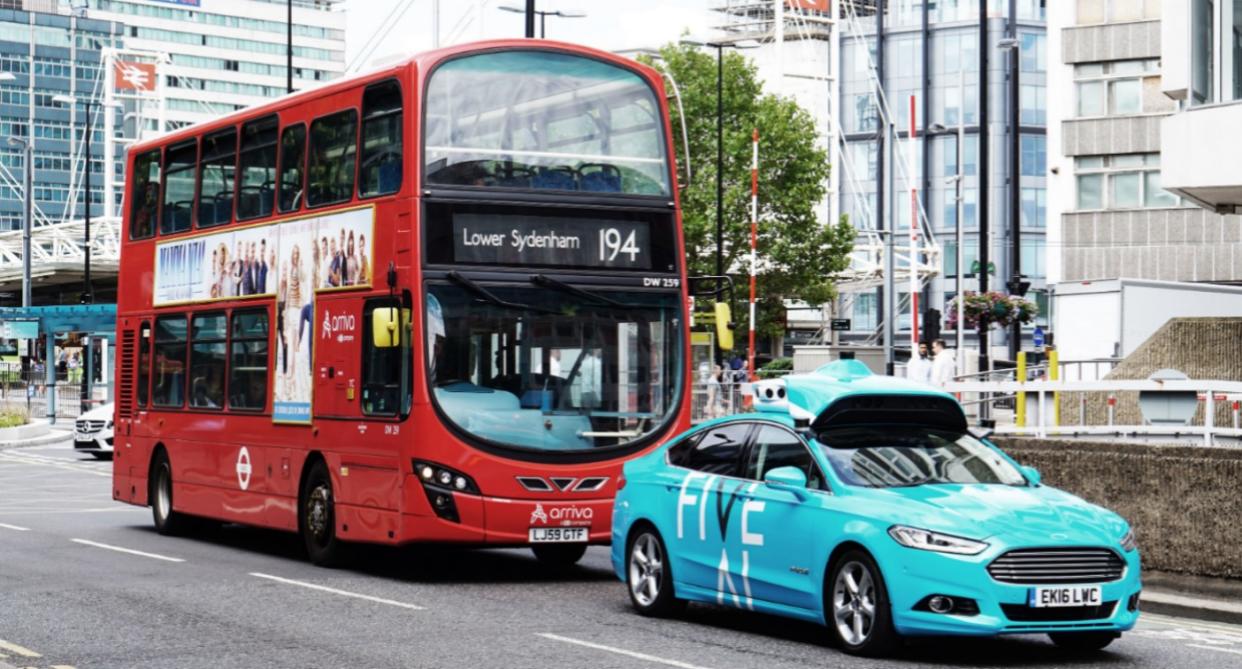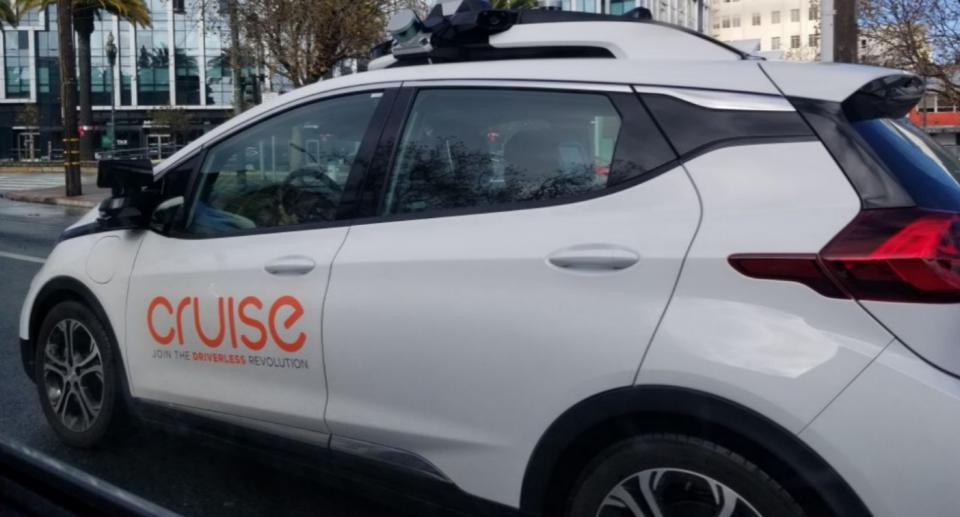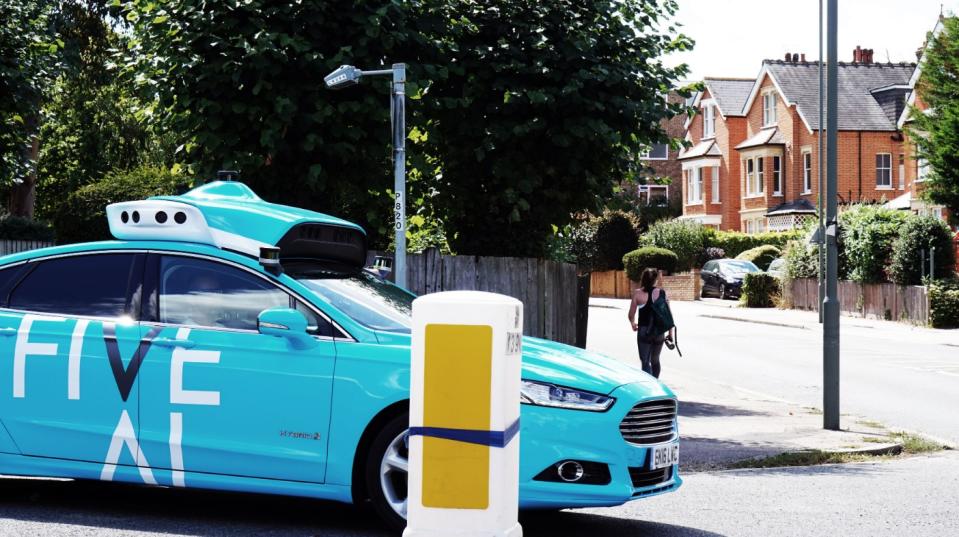Driverless cars could provide £62 billion boost to UK economy - but may be threatened by no-deal Brexit

The UK’s leading reputation for developing driverless cars could produce a £62bn economic boost by 2030 – but is thwarted by the possibility of a no-deal Brexit.
A study commissioned by the Society of Motor Manufacturers and Traders (SMMT) found that the development of connected and autonomous vehicles by 2030 could lead to 420,000 new jobs and save 3,900 lives.
The analysis found the UK has a ‘significant advantage’ over other countries in developing the technology due to supportive regulations, infrastructure and demand.
But it warned a potential no-deal Brexit could threaten the positive impact of driverless technology on Britain’s economy.

The report also highlighted sustained support from the Government would be vital to achieve the country’s potential, including updating road traffic laws and improving 4G coverage across road networks.
Chancellor Philip Hammond previously said he wants to have fully driverless cars on UK roads by 2021.
SMMT chief executive Mike Hawes said: ‘A transport revolution stands before us as we move to self-driving cars and the UK is in pole position in this £62 billion race.
Read more:
Hackers ‘trick self-driving Tesla’ into driving into wrong lane using stickers
FiveAI begins self-driving car testing in London
Angry locals attack self-driving cars with rocks and knives
‘Government and industry have already invested millions to lay the foundations, and the opportunities are dramatic – new jobs, economic growth and improvements across society.
‘The UK’s potential is clear. We are ahead of many rival nations but to realise these benefits we must move fast.’
But Mr Hawes highlighted how Brexit had undermined Britain’s reputation for stability – and warned a no deal and uncertainty over future trade could threaten the automotive industry.

He continued: ‘Brexit has undermined our global reputation for political stability and it continues to devour valuable time and investment.
‘We need the deadlock broken with no deal categorically ruled out and a future relationship agreed that reflects the integrated nature of our industry and delivers frictionless trade.”
Earlier in April, autonomous technology firm FiveAI began testing five self-driving cars in two London boroughs.
The driverless cars, spotted in Bromley and Croydon, are the latest step in the company’s plans to eventually roll out an autonomous, car-sharing service in London.
Meanwhile, Future of Mobility Minister Jesse Norman said of the SMMT study: ‘I welcome this report.
‘It is still very early days, but self-driving technology has the scope to revolutionise the ways in which people travel, with profound potential benefits for human safety, productivity and community.
‘As our Future of Mobility: Urban Strategy underlines, the Government will continue to support innovation, research and trialling, with a strong focus on safety, as this transport revolution gathers pace.’

 Yahoo News
Yahoo News 
